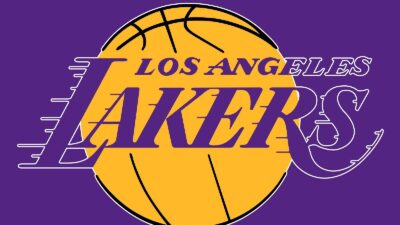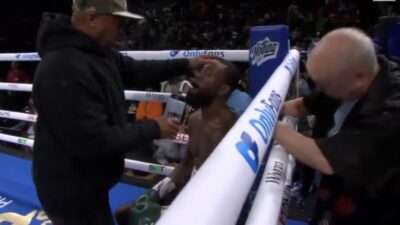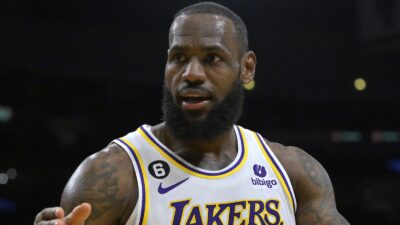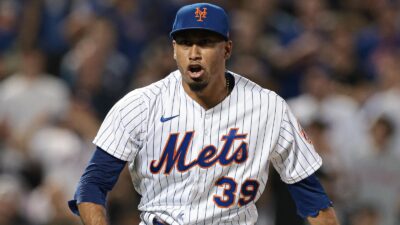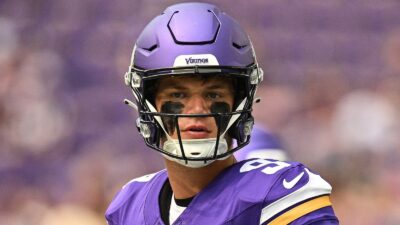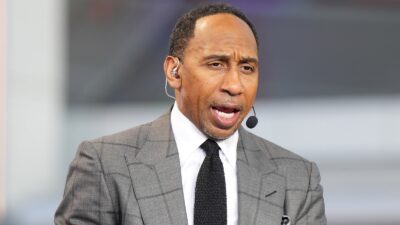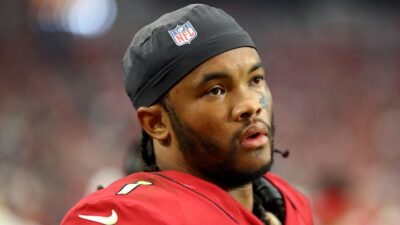
The second round of the NBA Draft is often where smart teams are separated from those constantly floundering in the lottery. Well-run franchises consistently find contributors, or even stars like Manu Ginobili or Draymond Green, in the wee hours of the draft. Poorly-run franchises sell their second-round picks for cash, waste them on draft-and-stash Europeans who will never play in the NBA, or simply swing and miss year after year. There’s a science and magic to the second round, but year after year late draft choices make big plays that affect playoff games.
Every player that lasts until the second round will have a few clear knocks on his resumé. Teams that have found success in the draft are able to prioritize and define those flaws, leading to players who are able to thrive at the next level.
This year, there are many gems to be found well after the lottery picks have ended. These five players have a chance to be smart selections for any team:
1. Killian Tillie, Gonzaga
Tillie has two strikes against him – his age and his injury history. As a four-year player at Gonzaga, the French forward is already 22 years old. That can be a red flag if you’re discussing a player who hasn’t produced at a high level. Despite playing in crowded frontcourts his entire career at Gonzaga, Tillie has been the anchor of Mark Few’s defensive schemes and a key cog on the offensive end of the court. Tillie’s ability to score on the block and hit 44 percent of his 3-point attempts opened the court for so much of what the Zags were aiming to do.
That only happened when Tillie was on the court. He missed 22 games in the 2018-19 season and nine games in 2019-20 to injuries, leading to a disappointing back half of his career. If he had entered the draft after his sophomore year, he’d have been a first-round pick. Deep down, Tillie is still the same high IQ, high motor, versatile big man that teams once loved. If he can stay healthy, he clearly has value at the next level.
Like Tillie, Reed is on the older side at 21, having played three years at DePaul. Unlike Tillie, who flashed as a freshman and sophomore, Reed was more of a late bloomer. He didn’t produce in a meaningful way until the middle of his sophomore season. That can be a red flag for NBA scouts. Did the prospect improve or was he simply beating up younger, less experienced players?
In Reed’s case, there’s a strong argument for legitimate progress. More importantly, his production as a junior came in areas that translate well to the next level. His scoring increased, but he didn’t become a scoring machine unexpectedly. Instead, Reed dominated the glass and was a defensive menace. He posted 19 double-digit rebounding efforts this past season. Defensively, he nearly broke boxscores with some performances, including seven steals in 29 minutes against Xavier and eight blocks at Minnesota.
3. Immanuel Quickley, Kentucky
John Calipari has produced NBA guards at remarkable levels in his time at Memphis and Kentucky. That star-studded list includes Derrick Rose, John Wall, Devin Booker, Eric Bledsoe, De’Aaron Fox, Shai Gilgeous-Alexander, and now Tyler Herro.
Quickley won’t be the first Wildcat guard off the board in this draft, as teammate Tyrese Maxey will be selected before him. That makes sense, given Maxey is younger, more athletic, and a better passer. Yet Quickley should not be overlooked. This season he led Kentucky in scoring, led the SEC in 3-point percentage, and shot 92 percent at the free throw line. He’s limited elsewhere. He’s not a pure point guard and his defense is a work in progress, but Quickley’s shooting ability is undeniably worth taking a flier on in the second round.
4. Vernon Carey, Duke
If Carey were entering the draft 8-10 years ago, he’d be a lottery pick. He’s a big, bruising center who can score deftly around the rim and rebounds well. He was Duke’s best player and a force to be reckoned with in the ACC.
NBA teams just don’t value that skillset the way they once did. But when comparing Carey to other bigs, he’s not a lumbering dinosaur like a Jahlil Okafor. If Carey sheds some weight, he can be light on his feet and has the touch to add a reliable jump shot to his game. He should be watching Bam Adebayo tape on repeat, with the goal of replicating that style of play in the NBA.
5. Jordan Nwora, Louisville
I would imagine every NBA scouting department or coaching staff has a Jordan Nwora believer speaking up this draft cycle. Nwora is a 6-foot-7 sharpshooter. He has the body to immediately contribute on both ends of the floor. He made 39 percent of his 450 collegiate 3-point attempts. Clearly, there’s a pro prospect in him.
Yet, Nwora will be available in the second round because of a tendency to disappear in games. He had the talent to dominate the ACC last season but turned in totally ineffective performances at times. In back-to-back losses to Clemson and Georgia Tech, Nwora managed just seven combined points on 2-of-11 shooting. Cardinals fans wanted him to control games and he instead had a tendency to shrink away from that role.
In the NBA, that wouldn’t be his role. If he can continue to make shots, defend his position, and rebound at a high level (7.7 per game as a junior), there’s a spot for him on every NBA roster.
Shane McNichol covers college basketball and the NBA for Larry Brown Sports. He also blogs about basketball at Palestra Back and has contributed to Rush The Court, ESPN.com, and USA Today Sports Weekly. Follow him on Twitter @OnTheShaneTrain.


